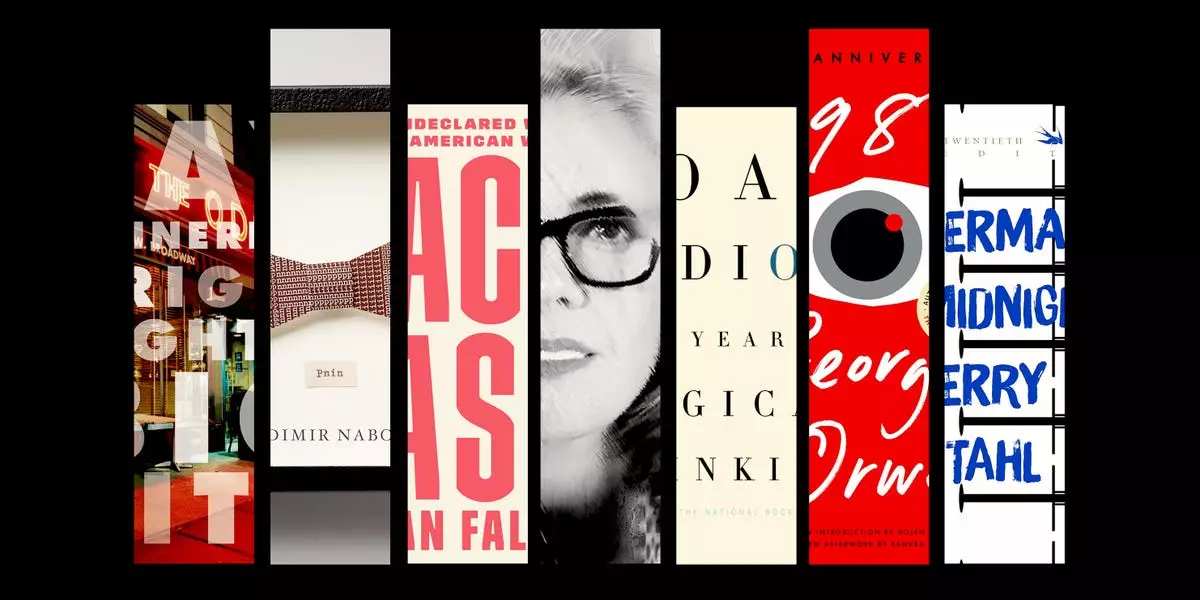In a world where trials and tribulations seem to pile up relentlessly, the healing power of storytelling emerges as a beacon of hope. Authors often wield words like weapons, carving powerful narratives that encourage, console, and challenge our understanding of the human experience. The acute vulnerability showcased by writers like Molly Jong-Fast, especially in her latest release, drives home a vital truth: stories have the potent ability to transform our pain into a universal language that resonates deeply with readers.
Molly Jong-Fast, a prominent voice in contemporary literary and political arenas, captures this essence with her poignant recounting of family struggles in her memoir, “How to Lose Your Mother.” The backdrop of Jong-Fast’s story—a tumultuous year marked by her mother’s dementia diagnosis and her husband’s battle with cancer—illuminates how personal trauma can evoke a greater sense of connectivity among readers. By exposing her vulnerabilities, she invites us into a raw examination of grief while offering a semblance of hope—a dichotomy critical for readers grappling with similar hardships.
Parallels with Literary Giants
Molly Jong-Fast has drawn comparisons to literary icons such as Joan Didion, particularly her acclaimed work, “The Year of Magical Thinking.” This connection is undoubtedly strengthened by Jong-Fast’s own motivation—to ground herself amidst upheaval. The act of mirroring another’s struggle encapsulates a shared human experience worth exploring; it reveals that vulnerability is not just a personal battle but a collective one. In sharing her narrative, Jong-Fast challenges the isolation often felt during crises, emphasizing instead a symbiotic experience where readers can find solace in the acknowledgment of their own pain.
This idea of using literature as a comforting vessel serves to forge connections between writers and readers, as well as across generations. As readers, we navigate our lives with echoes of those who have artfully crafted their narratives before us, lending a sense of continuity in what sometimes feels like an unmoored existence. The anecdote of personal sorrow becomes a guiding compass that quells our fears and anxieties about life’s unpredictability.
The Impact of Personal Narratives on Cultural Discourse
Molly Jong-Fast’s work, through its lens of personal narrative, also offers a critical commentary on broader societal issues. By addressing not just the private sphere but the political context that shapes our collective experience of love and loss, her story comments on the evolution of women’s roles in family and society. In doing so, she valorizes the unacknowledged labor of caring for loved ones, particularly through illnesses that often remain shrouded in silence.
Furthermore, her keen insights into the challenges faced by women today—illuminated through her rounds of literary exploration—invoke the significant discourse initiated by authors like Susan Faludi in “Backlash: The Undeclared War Against American Women.” These narratives challenge pre-existing norms and shine a light on the often overlooked sacrifices inherent in female experiences, framing them as essential to the larger fabric of society.
A Writer’s Role in Times of Crisis
The act of writing about profound pain, transformation, and resilience serves dual purposes: it aids the author in their personal journey while granting readers the permission to confront their own realities. The rawness in Jong-Fast’s words becomes an anthem for those navigating similar hardships, suggesting that although circumstances can feel insurmountable, they can also be pathways to healing and understanding.
Moreover, the act of storytelling permits an exploration of emotions that often lurk just below the surface—shame, anger, and despair. In this practice, the reader is encouraged to explore these feelings in a contextualized space, wherein they might find both understanding and resolution. Consequently, writing transforms into not just an expression of self but also an offering of solidarity to those alongside us in the fight against solitude in suffering.
As we continue to traverse the tumultuous narrative of modern life, the voices of writers like Molly Jong-Fast remind us of the importance of sharing our stories—a reminder that we are not alone on this journey, and that even in our darkest moments, there’s light to be found in connection.

